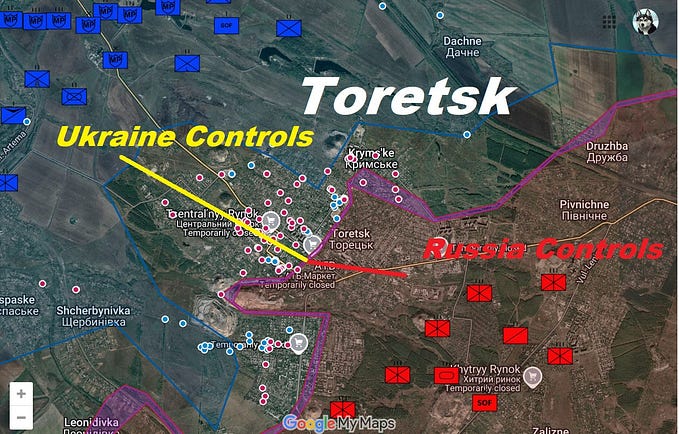
Sanctions Top for the week ending 10 July 2020
Here are five things that happened this week in the world of economic sanctions that I think you should know about.
Sign up here if you would like to receive these summaries by email. Click here for an index of past Sanctions Top-5 briefings.
- The UK announced asset freezes and travel bans against a total of 49 individuals and entities in Myanmar, North Korea, Russia, and Saudi Arabia under the new Global Human Rights Sanctions Regulations 2020. The “Magnitsky-style” sanctions, which target perpetrators of serious human rights abuses, will form part of the UK’s evolving post-Brexit sanctions regime.
- The US Office of Foreign Assets Control (OFAC) named four Chinese government officials and one state entity as Specially Designated Nationals (SDNs) under the Global Magnitsky Sanctions program for their roles in human rights abuses in the Xinjiang Uyghur Autonomous Region (XUAR). Meanwhile, the US State Department announced travel bans against three Chinese officials and their immediate family members under Section 7031(c) of the FY 2020 Department of State, Foreign Operations, and Related Programs Appropriations Act.
- In related news, the US State Department announced visa restrictions against unnamed Chinese officials “substantially involved in the formulation or execution of policies related to access for foreigners to Tibetan areas,” under the Reciprocal Access to Tibet Act of 2018. According to the State Department news release, China has restricted access to Tibet by US officials, journalists, and tourists.
- OFAC announced a modest USD 134,523 settlement with a US-based online retailer for a slew of apparent violations caused by automated name screening deficiencies. The company also missed a deadline for reporting transactions under a Crimea-related general license, thereby “nullifying” the license with respect to those transactions, according to the OFAC settlement notice.
- OFAC removed Eritrean presidential advisor Yemane Gebreab from the SDN List. OFAC sanctioned Gebreab in April 2010 under the Somalia sanctions program for his alleged role in supporting destabilizing activities in Somalia.
Comments
You may have noticed that OFAC’s XUAR-related designations were not made under the recently adopted Uyghur Human Rights Policy Act of 2020. The Act, which became law on 17 June 2020, gives the President 180 days to submit a report to Congress identifying persons determined to be responsible for human rights abuses in the XUAR, with sanctions to follow. Why wait when the Magnitsky Sanctions can be used at any time? Interestingly, Axios reported a few weeks ago that Donald Trump said he avoided using the Magnitsky sanctions in relation to the XUAR to avoid upsetting the US-China trade deal. If the White House had acted earlier, would Congress have needed to pass a bill?
Speaking of US-China relations, yesterday, the PRC Foreign Ministry announced retaliatory sanctions against US Senators Marco Rubio and Ted Cruz, US Representative Chris Smith, US Ambassador at Large for International Religious Freedom Samuel Brownback, and the Congressional-Executive Commission on China for their support of the XUAR-related sanctions. Unclear what the sanctions entail.
How will recent developments impact anti-money laundering and sanctions risk assessments for Hong Kong? Join David Schlesinger, Founder and Managing Director of Tripod Advisors, and me for a webinar on the topic hosted by CountryRisk.io on Wednesday, 15 July, at 9:30 p.m. Hong Kong time / 9:30 a.m. New York. (Click here for details.)
Did I miss something? Send me a message or comment on LinkedIn.
(The views expressed are my own and do not constitute legal advice. Photo from Vladislav Reshetnyak.)






